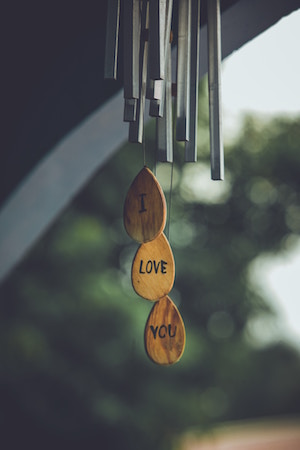Responsibility & Blame

It’s Not Your Fault
I am lucky to have a few mentors in my life. Today I was sitting with one discussing a topic I’ve considered for awhile. This wisdom that comes from those who have lived a little longer is invaluable. They see patterns that I can’t.
What he revealed was a detail that I felt but wasn’t able to explain. When Eastern thought migrated to the West, certain concepts took root. Some were adopted in theory but not in practice. My mentor explained how the idea of taking responsibility for your life became another way to act aggressively with ourselves and others. The result is blame and often social isolation. This is not helpful yet it has infiltrated many ‘human potential’ movements. I’ve witnessed subtle ways where heart is said to be leading but isn’t.
When a concept arrives in a culture predisposed to self-hatred the result is blame.
Chogyam Trunpa Rinpoche is a meditation teacher who led the way in bringing meditation to the West. One of the most striking observations he had about westerners is the amount of self-aggression we have. This aggression shows up is in our lack of respect for our leaders and also our mothers. We tend to have more disdain than reverence for those people who have loved, taught and nurtured our society from its infancy. We focus on the degrading instead of the selfless and fearless qualities that these people undoubtedly had or have. Of course this reflects how we relate with ourselves.
What happens when we notice the fearless and resourceful qualities in ourselves?
It’s true that there is a lot wrong with our world. Yet there are human qualities that have always risen above the most difficult circumstances. There are those who shine brightly for others even as they face their own death. It is part of our innate or developmental call to act in ways that are of benefit to all. In Western psychology its self-actualization. So why not focus here?
The concept of ‘full responsibility’ can look like blaming the victim.
This is a story we know all too well. Last year’s ‘Me Too’ movement shed light on this tendency. Another example is hearing from parents who are blamed for their children’s health challenges. Looking a little deeper I almost always see a mother or father who is doing their absolute best in the face of very difficult circumstances. These children are so fortunate to have parents with this amount patience, strength and insight.
Blame, shame and guilt are woven into our culture so deeply that we need to notice how we approach the topic of responsibility. What my mentor shed light on today is that there are different types of suffering. Sometimes we can shift our response and it relieves the pain. Other times serious things happen and the appropriate response is simply to acknowledge this. By seeing the strength of spirit in those experiencing difficulty we alleviate some pain. Human compassion is capable of this. It requires that we put our ideas aside. I just returned from a week long retreat where we focused on awakening the heart. We always are beginning with ourselves.
Maitri is the word for self-compassion. This extends out to others in a way that isn’t about imposing any idea on a situation but simply being present to what is.
Related Posts
 Wonder Creates Health and Resiliency
Wonder Creates Health and Resiliency





